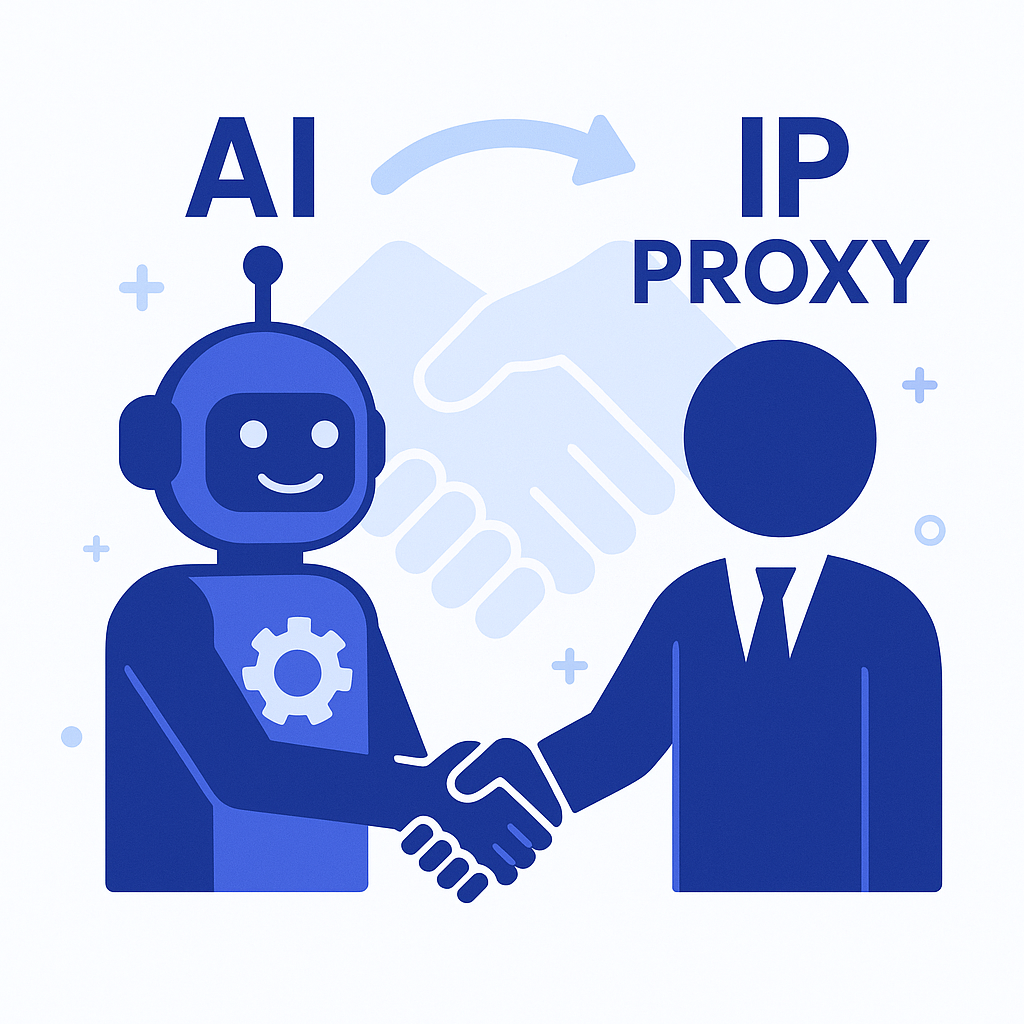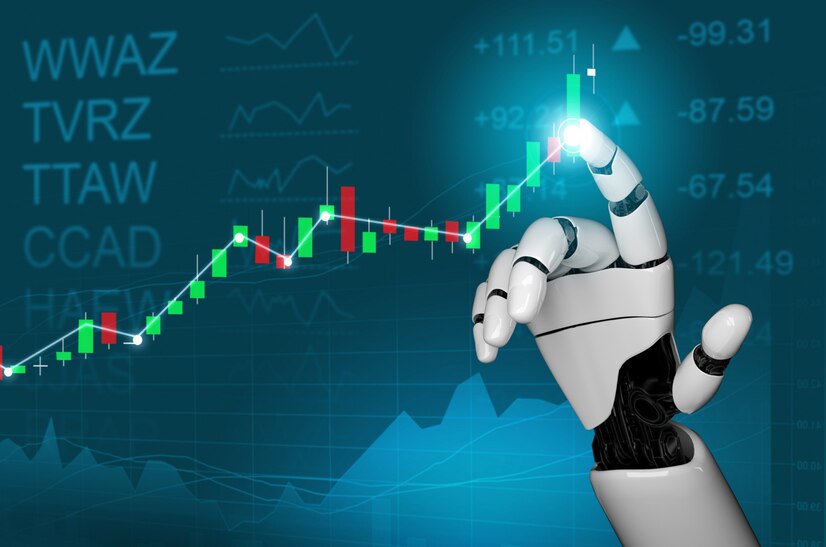The Role of AI in Business Process Automation

Strong 8k brings an ultra-HD IPTV experience to your living room and your pocket.
Businesses are constantly under pressure in today's digitally evolving landscape to work faster, deliver better, and serve their customers better. Business process automation (BPA), which is a powerful tool to help businesses meet these demands, is one of the best ways to do so. Artificial intelligence (AI) has become its driving force.
AI in business automation has transformed the way companies operate. It streamlines repetitive tasks and enables intelligent decision-making. Explore how AI is changing the way businesses operate, cutting costs and unlocking new value in departments.
What is Business Process Automation?
Business Process Automation (BPA) refers to the use of technology to execute recurring tasks or processes in a business where manual effort can be replaced. The goal is to improve efficiency, reduce human error and free up employees to focus on higher-value tasks.
Traditionally, BPA relied on rule-based logic and simple workflows. However, with the integration of AI, automation becomes more intelligent, adaptable and capable of handling complex scenarios.
How AI Enhances Business Process Automation
Artificial intelligence doesn’t just automate - it learns, predicts and adapts. Here's how AI elevates traditional BPA:
1. Cognitive Automation
AI brings cognitive capabilities such as natural language processing (NLP), machine learning (ML), and computer vision into play. This allows systems to:
Understand and interpret unstructured data (emails, images, documents)
Learn from patterns and user behaviors
Make decisions without human intervention
2. Predictive Capabilities
AI-powered tools can forecast trends, outcomes, or issues before they arise. For example:
Predicting customer churn
Forecasting inventory needs
Identifying fraud in real time
3. Dynamic Workflows
Instead of relying on rigid process flows, AI can adapt in real-time. It can reroute tasks, prioritize issues, or reassign resources based on evolving data.
Key Business Areas Benefiting from AI Automation
AI is being integrated across every functional department. Here are some key areas where it’s making a big impact:
Customer Support
- Chatbots that offer 24/7 service
- Sentiment analysis to identify frustrated users
- Auto-routing of queries to the right departments
Finance and Accounting
- Invoice processing with OCR and ML
- Automated reconciliation and compliance checks
- Fraud detection using predictive analytics
Human Resources
- Resume screening and candidate shortlisting
- Employee sentiment analysis through survey data
- Automated onboarding workflows
Sales and Marketing
- Lead scoring and qualification
- Personalized campaign targeting
- AI-powered CRMs suggesting next-best actions
The Link Between AI Automation and Custom MVP Software Development
Businesses aiming to automate their operations often start with a Minimum Viable Product (MVP). And that’s where custom MVP software development plays a crucial role.
When you integrate AI capabilities into a custom MVP, you're building a solution that doesn’t just perform tasks—it learns and improves over time. Whether it's an AI-enabled dashboard, chatbot, or process management tool, a custom-built MVP ensures:
- Your automation aligns with specific business goals
- Features are purpose-built for your unique workflow
- The system is scalable and adaptable to change
In short, combining AI automation services with custom MVP software development gives you a smart foundation to grow your digital capabilities without overcommitting resources upfront.
Benefits of AI-Powered Business Automation
Adopting AI automation isn’t just about keeping up with competitors—it’s about building operational excellence. Here are some tangible benefits:
- Time Savings: Manual processes that take hours can be done in minutes
- Cost Reduction: Fewer errors, less rework, and optimized resource use
- Scalability: AI systems can handle larger workloads without needing more manpower
- Accuracy: Machine learning continuously improves accuracy over time
- Employee Satisfaction: Teams are freed from repetitive tasks to focus on creative and strategic work
Challenges to Consider
While the advantages are many, businesses should also be mindful of the challenges:
- Initial Investment: Custom AI systems can require upfront capital and time
- Data Dependency: The quality of AI outcomes depends on the quality of data
- Change Management: Employees may need training to adapt to new workflows
However, with the right approach—starting with a solid MVP and scaling gradually—these challenges are manageable.
Final Thoughts
AI is no longer the future—it’s the present. When combined with thoughtful business process automation, AI becomes a game-changer for efficiency, accuracy, and agility. Whether you’re a startup building your first automated tool or an enterprise optimizing your workflows, investing in custom MVP software development is a smart way to embed AI into your processes from the start.
Start small, think big, and automate smart—because that’s what sustainable business transformation looks like today.
Note: IndiBlogHub features both user-submitted and editorial content. We do not verify third-party contributions. Read our Disclaimer and Privacy Policyfor details.







